Marxism and Urban Culture
Marxism and Urban Culture
Edited by Benjamin Fraser
Foreword by Andy Merrifield
LEXINGTON BOOKS
Lanham Boulder New York Toronto Plymouth, UK
Published by Lexington Books
A wholly owned subsidiary of Rowman & Littlefield
4501 Forbes Boulevard, Suite 200, Lanham, Maryland 20706
www.rowman.com
10 Thornbury Road, Plymouth PL6 7PP, United Kingdom
Copyright 2014 by Lexington Books
All rights reserved. No part of this book may be reproduced in any form or by any electronic or mechanical means, including information storage and retrieval systems, without written permission from the publisher, except by a reviewer who may quote passages in a review.
British Library Cataloguing in Publication Information Available
Library of Congress Cataloging-in-Publication Data
Library of Congress Cataloging-in-Publication Data Available
ISBN 978-0-7391-9157-6 (cloth : alk. paper)
ISBN 978-0-7391-9158-3 (electronic)
 TM The paper used in this publication meets the minimum requirements of American National Standard for Information Sciences Permanence of Paper for Printed Library Materials, ANSI/NISO Z39.48-1992.
TM The paper used in this publication meets the minimum requirements of American National Standard for Information Sciences Permanence of Paper for Printed Library Materials, ANSI/NISO Z39.48-1992.
Printed in the United States of America
Acknowledgments
This book project is the product of extensive reflections on a central contradiction obscured by the triumphant and triumphalist discourse of interdisciplinarityas it plays out in academic institutions, in peer-review processes, in scholarly association meetings, and in numerous (if not, necessarily, all) disciplinary contexts. Although this contradiction is not explicitly discussed in the present volumeand although the topic is surely worthy of sustained considerationit has motivated the selection of chapters and the brief introduction. The contradiction is this: that at the same time that mention of the word interdisciplinarity hypnotizes university administrators, hiring departments, job-seekers, editors, and authors, and more, still, it is nonetheless disciplinary knowledge which continues to exercise hegemonic power over scholarly activity, broadly conceived. I will spare the reader the numerous and varied experiences which have led me to this conclusion.
Make no mistake: I want neither to tout interdisciplinarity as a panacea nor to dig my heels into the disciplinary landscape that continues to shape the production and reception of scholarly work. Instead, this book has beenfrom its conception to its final structurean attempt to expose the dimensions of disciplinary specialization through both the juxtaposition and the cohabitation of different approaches in a single volume. My beliefforegrounded also in the recent formation of the Journal of Urban Cultural Studiesis that the urban provides a point of encounter where disciplinary specializations can be brought to dialogue with one another. I do not believe that they cannot be fully transcended. But seen together they may help us to understand how it is that disciplinary specialization is, a la Henri Lefebvre, a form of alienation. In this sense, Marxian scholarship, clearlythough it should not necessarily be sohas been no exception to the rule that scholarly writing has tended to fragment a totality into relatively autonomous, manageable areas of expertise.
In this light, I would like to take the time to thank those colleagues whose scholarship has been particularly valuable in thinking through disciplinary specialization by working across Hispanic Studies and Urban Studies specifically: Malcolm Alan Compitello, Susan Larson, Araceli Masterson-Algar, Stephen Vilaseca, Monica Degen, Rebecca Haidt, Amanda Holmes, Donald McNeill, Marcy Schwartz, Eugenia Afinogunova, Edward Baker, Alberto Chamorro, Susan Divine, Matthew Feinberg, Daniel Frost, Leigh Mercer, Carlos Ramos, Nathan Richardson, and Nil Santiez. I owe thanks to countless others, of course, in Hispanic Studies and beyond, and to that end I would also like to thank those who have agreed to be on the editorial board of the Journal of Urban Cultural Studies. Thanks, too, to Adam David Morton for his encouragement of this book project, and particularly also Andy Merrifield, who graciously agreed to pen this books foreword.
As always I thank Abby.
Foreword
Andy Merrifield
Urbanism as World Culture and
Here Comes Everybody
One of the great wish-images of the Communist Manifesto is something Marx calls world Literature. World literature, he says, is what everybody and anybody can read. We get it because weve somehow helped script it; its a literature thats translatable and communicablenotwithstanding our native tongue. But it isnt tabloid trash Marx has in mind here; it isnt narrow-minded, trivial journalism, nothing provincial. Quite the opposite: its the broadest of broadsheets, a global literature that hits the newsstands as samizdat, as popular agitprop. Invariably, this literature is a dialectical byproduct, an unintended good thing emerging from an intentional bad thing. Its a byproduct, Marx knew, of a bourgeoisie intent on business, tapping the world market, exploiting old-established national industries, downsizing these old industries and replacing them with dwindling workforces and new product lines. In place of the old wants, satisfied by the production of the country, we find new wants, Marx says. In place of the old local and national seclusion and self-sufficiency, we have intercourse in every direction, universal inter-dependence of nations.
Marx is adamant that this process isnt only an earth-moving (and earthshattering) act of material production; its also an earth-moving and potentially earth-shattering act of intellectual production. Whats more, in his eyes, these intellectual creations of individual nations have the power to become common property. World literature becomes a new sort of commons, for Marx, a collective visual and written language, something we see today as an ever-emergent world culture, as use-values ordinary people everywhere continually have to fight for and struggle to hold on to, especially as human value systems melt into air and get converted into anti-human, hyper-inflated exchange-values. In the Manifesto, Marx sketches out the developmental forces of the mode of production, its historical and geographical mission, its need to urbanize itself, to create industrial cities, to move mountains, to dig canals, to connect everywhere, nestle everywhere, to do all of that because of its inexorable urge, because it, as a mode of production, had to. Within it all, Marx thought urbanization would create a physical and emotional proximity of workers, workers piled on top of one another, beside each other. Cosmopolitanism would thus be a kind of sharing, an awareness of common lived experience.
Before us and inside us, urbanism today is a truly cosmopolitan world culture, our very own world literature. Its the expansive realm, we might say, of Here Comes Everybody, of H.C.E.Joyces sigla from Finnegans Wakethe normative letters of planet urban, the social, political, and economic environment to which everybody is coming and which everybody is somehow shaping, even if always unevenly. H.C.E, says Joyce, represents a manyfeast munificent, an archetypal image of our collective, desiring unconscious. Perhaps, with a little imagination, we can read Here Comes Everybody as what global citizenship ought to be about, a citizenship conceived of as something urban, as something territorial, yet one in which urban territoriality is narrower and broader than both city and nationality; a citizen of the block, of the neighborhood, becomes a citizen of the world, a universal citizen rooted in place, encountering fellow citizens across the corridor and at the other end of the planet, sharing world music together, reading books in every language, watching world cinema, entering Twitter streams, and communing on Facebook.
Next page
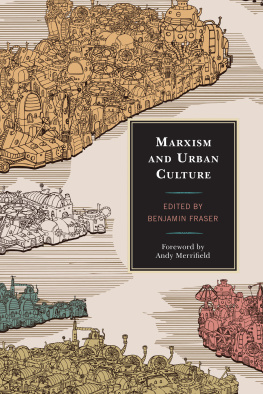
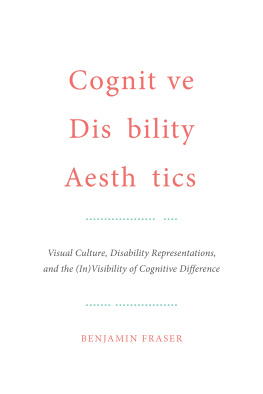
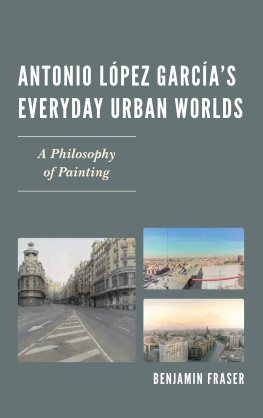
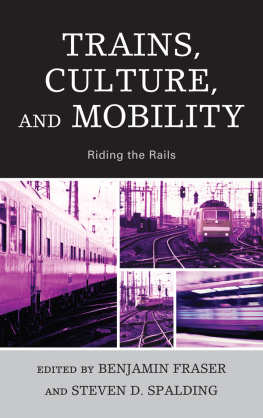

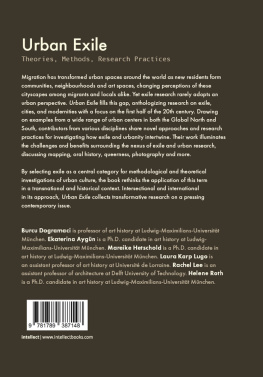
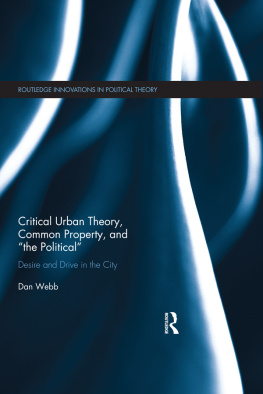

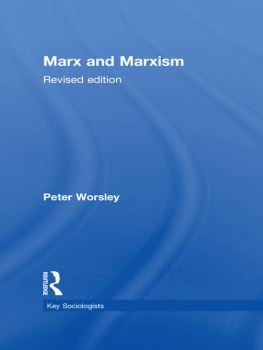
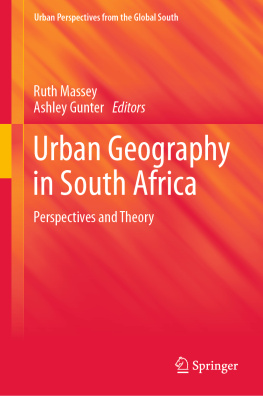

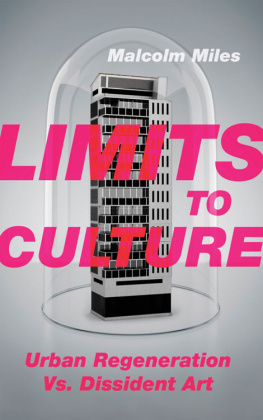
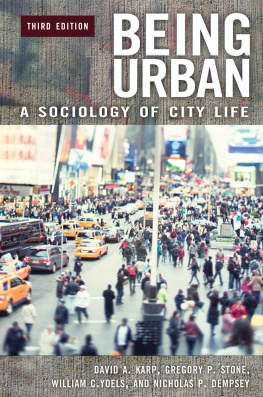
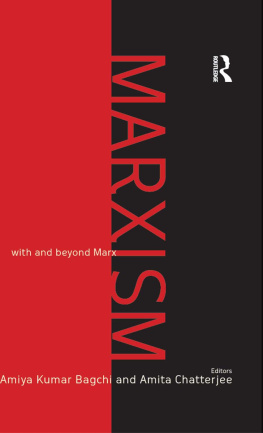
 TM The paper used in this publication meets the minimum requirements of American National Standard for Information Sciences Permanence of Paper for Printed Library Materials, ANSI/NISO Z39.48-1992.
TM The paper used in this publication meets the minimum requirements of American National Standard for Information Sciences Permanence of Paper for Printed Library Materials, ANSI/NISO Z39.48-1992.